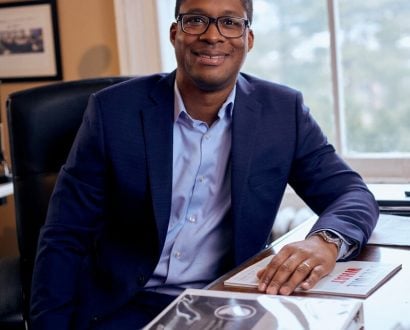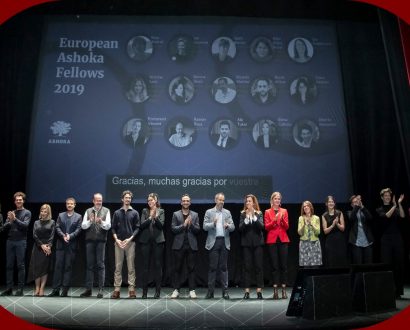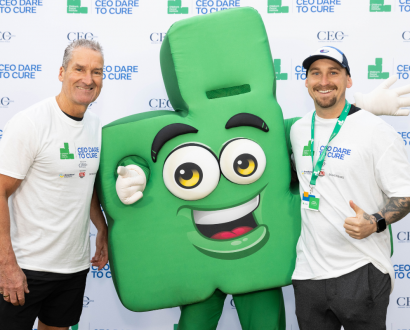“Humanity’s greatest advances are not in its discoveries, but in how those discoveries are applied to reduce inequity.” This is what Bill Gates said in his 2007 Harvard commencement address, and I strongly believe that more companies should adopt this approach, using advances, and their own resources or products to help others and reduce inequity.
Giving back by way of a corporate social responsibility (CSR) program can benefit more than just a company and the people it helps. It can advance society as a whole. At Qlik, through our Change Our World program, we push the boundaries of how much good a CSR program can do.
For example, as we continuously work with more non-profits and charities by providing our software on a pro-bono basis, we take this opportunity to learn and get direct feedback on how our technology can be enhanced to help overcome real challenges.
This feedback helps us develop more innovative and life-changing capabilities within our technology that we may not have been aware of otherwise. If we look at the way we have continued to enhance the mobile offline capability of our solutions over the years, this has mainly been driven by the work we do with remote teams on the ground, with limited connectivity.
Working with the UN
One standout project from my experience with CSR programs has been Qlik’s work with the United Nations, and the ways in which this has the potential to help other organisations create and execute their own CSR programs.
Our partnership started three years ago, when we were approached to provide the analysis of UN data on their efforts to provide immunisations through UNICEF. From the start of our partnership to now, we have provided software grants for our products to the UN Secretariat, and delivered ongoing training and assistance to lead the data revolution across the UN.
We also have a partnership with Medair, which provides aid to those affected by man-made and natural disasters. We have been able to assist the organisation in bringing supplies to refugees in Lebanon displaced by the Syrian conflict. In 2014, we partnered with Medair to help those affected by earthquakes and hurricanes in Haiti.
Closer to home
Working with organisations like Medair and the UN, we can see that, in order to reduce the inequities we see in the world, we need to get to the right places at the right time. If we can provide insight into how to do this through technology – helping people in how they process, analyse and act on data – it can revolutionise the non-profit sector and its phenomenal work.
Qlik supports more than 350 non-government organisations worldwide, and locally we work with sleepbus, Movember and the Sydney Children’s Foundation to bring about change in Australia. All of this occurs through the global support of a one-person CSR team that manages our internal and external CSR efforts.
Employees receive one ‘Volunteer Day’ per year, and have the opportunity to volunteer oversees with our NGO partners, like Medair. Through this inclusive program, we ensure that every employee feels engaged and plays a central part in our CSR efforts.
CSR, for me, is not just an opportunity to provide support to companies in need; it’s about enacting real change for individuals and empowering those who need our support the most. I feel that with the resources we have, it’s our responsibility to leverage our company’s tools and do what we can to help make these changes and improve the livelihoods of those less fortunate.
We’re using technology in a smarter way to do good, and I want to use our discoveries to reduce the inequity we see in the world. It’s very humbling to realise how you can achieve change at one level, and how it can create a knock-on effect across the non-profit sector – as organisations learn from their peers how to leverage their technologies to help teams on the ground, increase transparency and improve operations. It’s also beneficial for financial donors, as greater transparency can boost confidence in the aid system.
There is, I suppose, a fear that one person can’t change anything, but it’s untrue. It only takes one person, and all the better if that person is in a business leadership role. Change often starts from the top. Lead, and others will follow – if they are passionate about really making positive change for the long-term.







